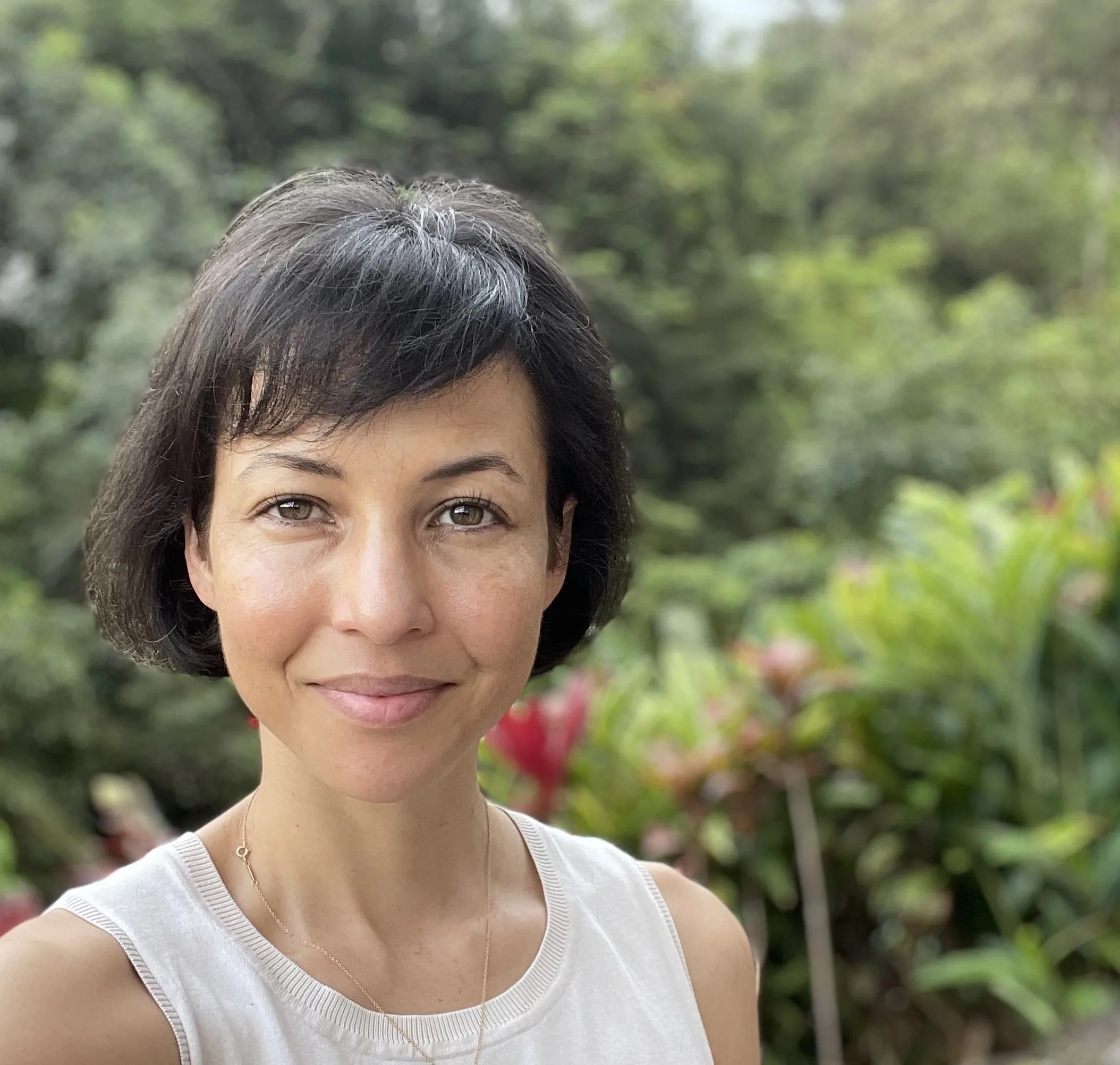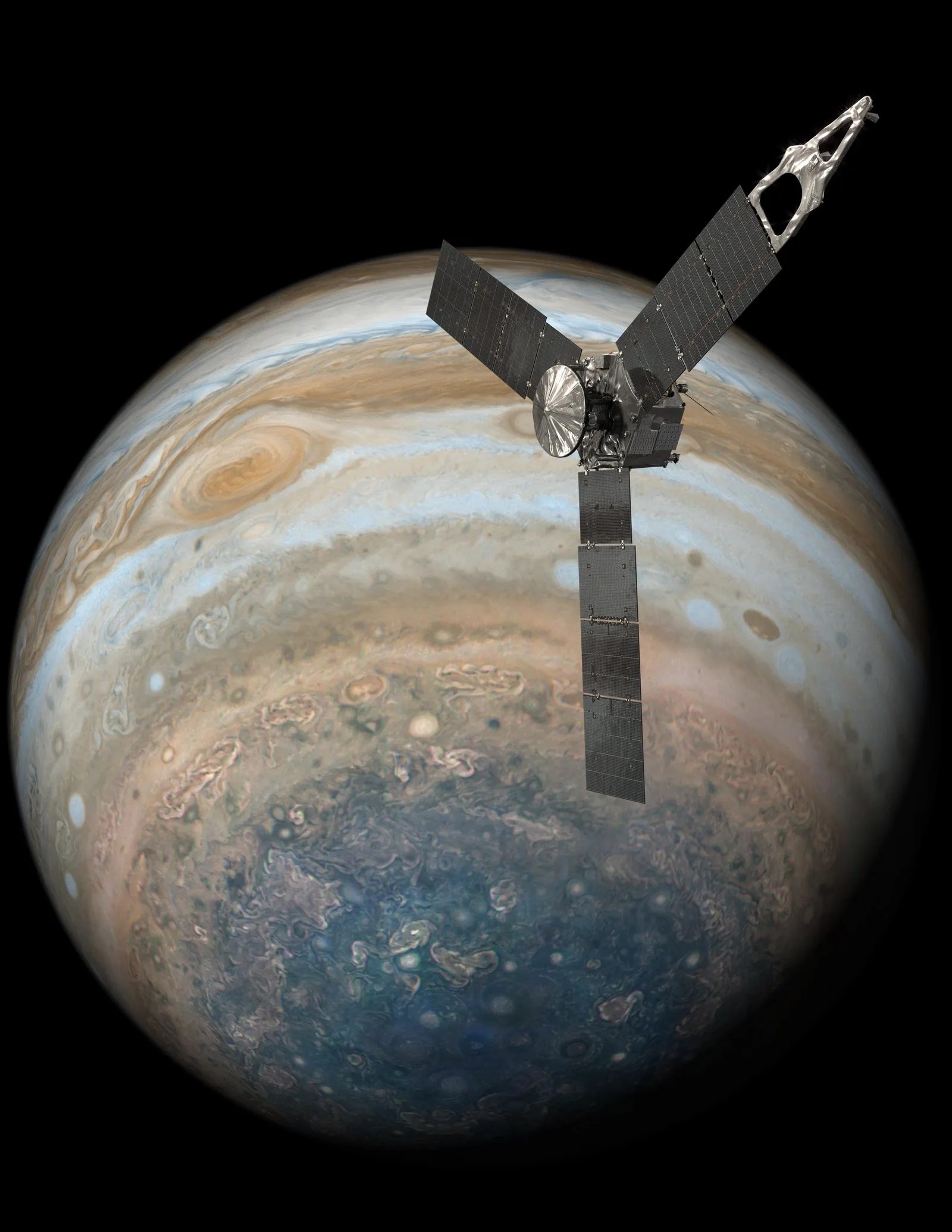
Megan Ansdell
Program Officer
Megan Ansdell is a Program Officer in the Planetary Science Division (PSD) and the Astrophysics Division (APD) at NASA Headquarters. For APD, she serves as the Program Scientist for the Great Observatory Maturation Program (GOMAP) and the Habitable Worlds Observatory (HWO). For PSD, she serves as the Planetary Protection Lead for the Mars Sample Return (MSR) Program and the Sample Receiving Project (SRP) as well as the Lead for Artificial Intelligence and Machine Learning (AI/ML). In 2023, Megan was awarded the NASA Early Career Achievement Medal.
Before joining NASA in 2020, Megan was a Flatiron Research Fellow at the Flatiron Institute in New York City, where she held a joint position with the Center for Computational Astrophysics and Center for Computational Mathematics. In this role, she developed machine learning algorithms and other computational methods for studying young stars and their protoplanetary disks. Before this, Megan was a Postdoctoral Fellow at UC Berkeley’s Center for Integrative Planetary Sciences, where she applied deep learning models to exoplanet transit classification with NASA’s Frontier Development Lab and conducted demographic studies of protoplanetary disks using data from the Atacama Large Millimeter Array (ALMA) and NASA’s Kepler/K2 mission.
Megan obtained her PhD in Astrophysics from the University of Hawaii in 2017 with a thesis on demographic studies of protoplanetary disks, which won the International Astronomical Union’s PhD Prize for Planetary Systems and Bioastronomy in 2017 as well as the University of Hawaii’s Doctoral Student Excellence in Research Award in 2016. Before her PhD, Megan earned a master’s degree in International Science and Technology Policy from the George Washington University in Washington, DC, where she researched and advocated for international cooperation in human space exploration; her thesis on language protocols for international human spaceflight won the 2011 Sacknoff Prize for Space History. Megan has also obtained a master’s degree in Space Studies from the International Space University in France and a bachelor’s degree in Astrophysics from the University of St. Andrews in Scotland.
Please direct questions or corrections on this page to SARA@nasa.gov.




